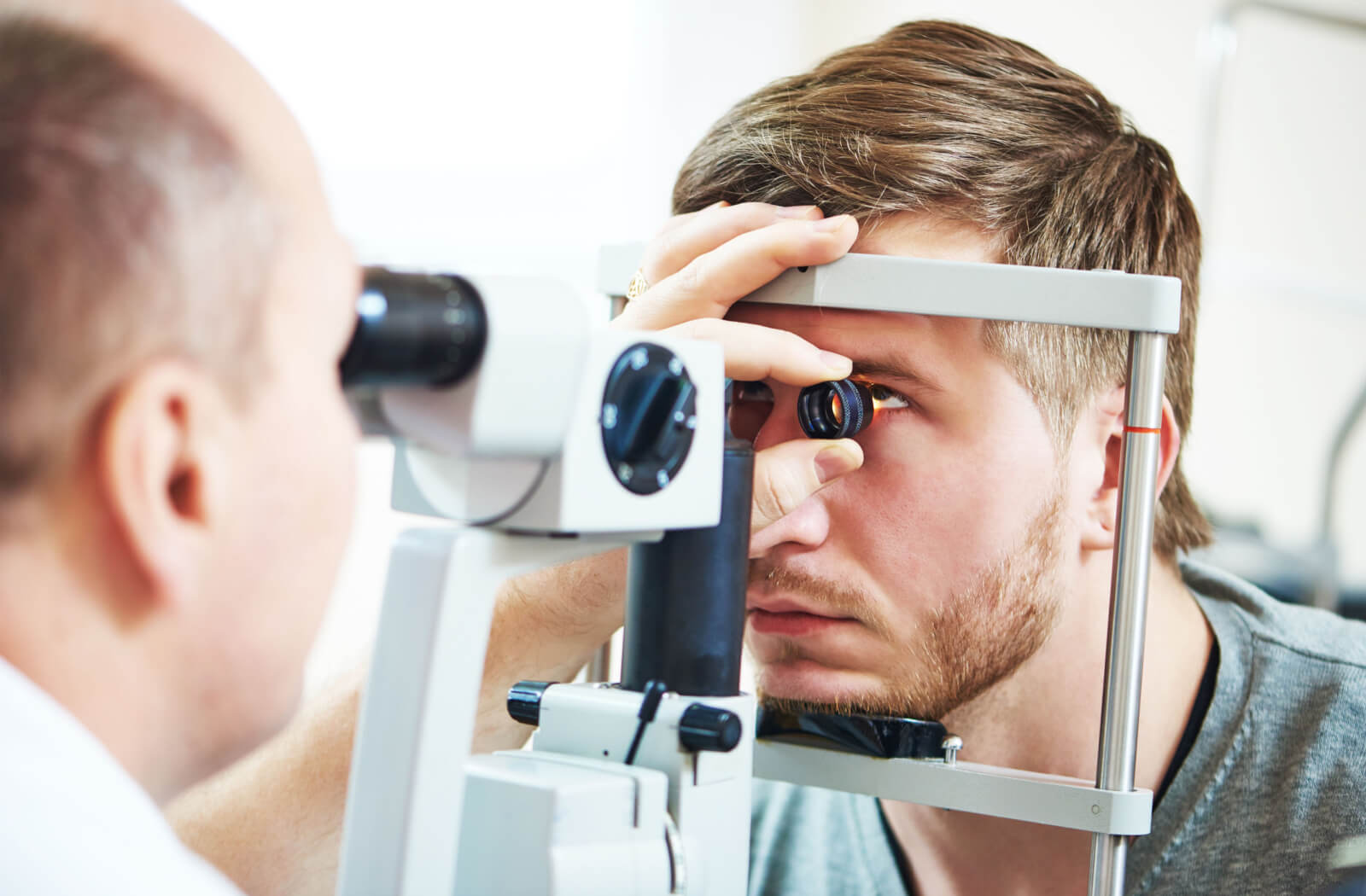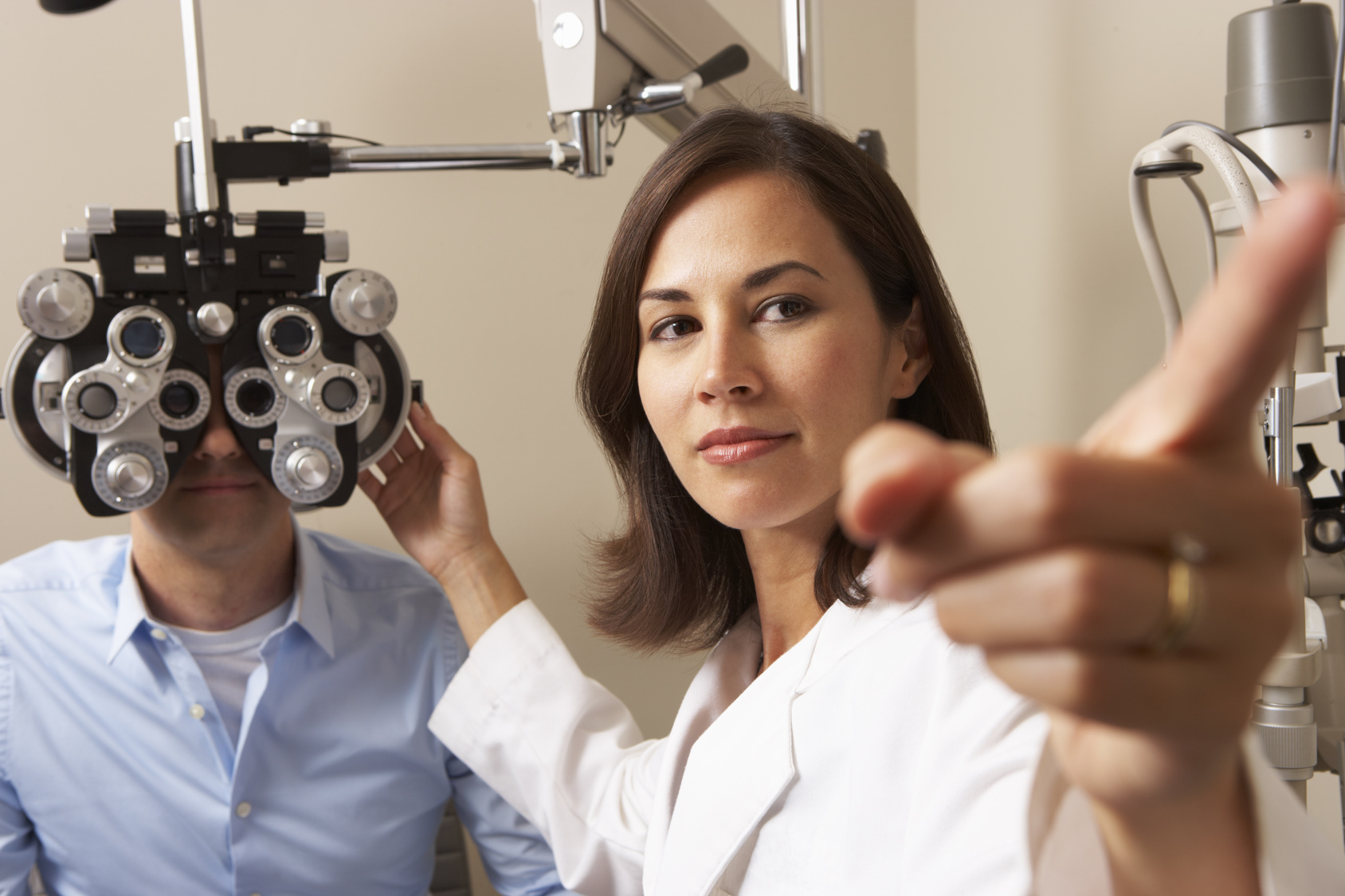Maintaining healthy eyesight is crucial for overall well-being and quality of life. Regular eye exams play a vital role in detecting and preventing vision problems, eye diseases, and other health conditions. Understanding the average duration of an eye exam can help you plan accordingly and make informed decisions about your eye care.

What is an Eye Exams
An eye exam is a series of tests that assess your vision and the health of your eyes. It is important to have your eyes checked regularly by an eye doctor, even if you don’t think you have any problems.
Early detection and treatment of eye problems can help prevent vision loss.
Average Duration of an Eye Exam
The length of an eye exam typically ranges from 30 to 60 minutes. This duration can vary depending on several factors, including:
-
Type of exam: Comprehensive eye exams generally take longer than routine checkups.
-
Individual needs: Patients with complex eye conditions or specific concerns may require additional testing, extending the exam time.
-
Pupil dilation: If dilation is necessary to examine the interior of the eye, the exam may take an additional 30 to 60 minutes.
Breakdown of an Eye Exam
A typical eye exam consists of several components:
-
Patient history: The optometrist will review your medical history, family history, and current eye concerns.
-
Vision assessment: Your vision acuity will be tested using charts or other devices to determine your near and distance vision.
-
Eye pressure check: Intraocular pressure (IOP) will be measured to detect potential glaucoma.
-
Eye health evaluation: The optometrist will examine your eyes internally and externally for any abnormalities or signs of disease.
-
Prescription determination: If necessary, your optometrist will determine your eyeglass or contact lens prescription.
-
Discussion and recommendations: The optometrist will discuss your exam results, provide recommendations for eye care and eyewear, and address any questions or concerns.
Additional Considerations
-
Selecting eyewear: If you need glasses or contact lenses, additional time may be needed for selection and fitting.
-
Dilation recovery: Dilation may cause temporary sensitivity to light and blurred vision. Plan accordingly for activities after the exam.
-
Follow-up appointments: Depending on your eye health, follow-up appointments may be recommended at regular intervals.
Benefits of getting regular eye exams
- Early detection and treatment of eye problems.
- Prevention of vision loss.
- Improved quality of life.
- Peace of mind knowing that your eyes are healthy.
How often should you get an eye exam?
The frequency of eye exams depends on your age, risk factors, and overall health.
The American Academy of Ophthalmology recommends that adults have a comprehensive eye exam every two to four years. If you are at higher risk for eye problems, you may need to have your eyes checked more often.
What should one do to prepare for an eye exam?
- Bring a list of your current medications and eyeglass or contact lens prescriptions.
- Wear comfortable clothing that you can easily remove.
- If you are planning to drive yourself to the appointment, bring sunglasses to protect your eyes from the sun after dilation.
What are the costs of an eye exam?
The cost of an eye exam varies depending on your insurance coverage and the type of exam you need. If you have vision insurance, your exam may be covered at no cost to you. If you do not have vision insurance, you can expect to pay between $50 and $200 for a comprehensive eye exam.
How can I find an eye doctor?
You can find an eye doctor in your area by asking your primary care physician for a referral or by searching online. You can also use the online directory of the American Academy of Ophthalmology to find a doctor near you.
Conclusion
Regular eye exams are essential for maintaining healthy vision and detecting potential eye problems early. Understanding the typical duration of an eye exam can help you schedule your appointments effectively and prepare for the process. Remember, your eye health is worth investing in, so prioritize regular eye exams to safeguard your vision for years to come.
